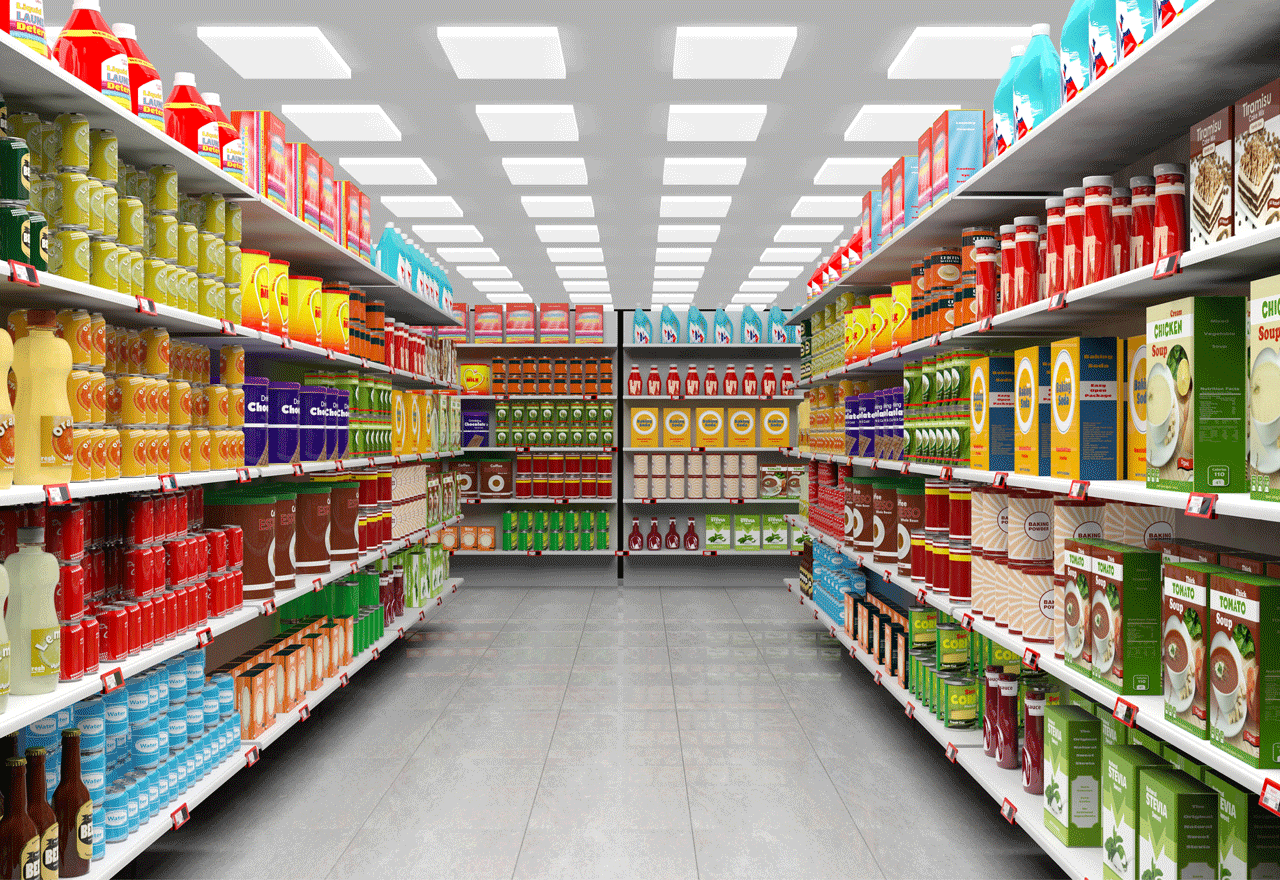A Conversation with Dr. Phil Howard
[This article was previously published in the summer issue of the Cultivator, Cornucopia’s quarterly newsletter. Donate today to protect organic integrity and receive our fall issue in print.]
Just a handful of companies control your food. Yes, even your organic food. Cornucopia’s director of advocacy and development, Rachel Zegerius, caught up with food system expert Dr. Phil Howard to learn more about the alarming concentration among organic food companies and brands, how these food behemoths gain economic and political power, and what we can do about it.
How have mergers and acquisitions shaped organics over the past three to five years?
Some of the biggest firms, having acquired many organic subsidiaries, are now merging and combining with each other. Not just in food processing, but in every sector of the (food) economy. Those big firms do not have the same values: They are very quick to switch suppliers if it’s cheaper, to reduce their commitment to organic, to perhaps go behind the scenes to pressure organic policymakers. The ownership boundaries between organic and conventional are getting blurrier.
How does this consolidation impact the way we experience the grocery store?
It limits our choices, even though there is still the appearance of choice. These big firms have so much power over what goes on the shelves. They have the resources to sell at below cost for years, while also spending an enormous amount of money on marketing. And they can afford “slotting fees” of up to tens of thousands of dollars just to get in the door at regional stores. In this environment, it’s nearly impossible for smaller, values-based companies to break onto supermarket shelves.
What’s the ripple effect on the food system?
Supply chain disruptions, and the resulting shortages at retailers, are revealing the fragility of our food system. As it becomes more and more uniform, particularly for the breeds and seeds we rely on, the system becomes even more vulnerable to climate change and other disruptions. Diversity — one of the values that the mainstream system doesn’t support very well — is a prerequisite for resilience.
What role can consumers play?
Consumer choice can help to rebuild less centralized food systems. Innovations like food cooperatives and CSAs create cracks in the system. I’m hopeful that some of these innovations will be successful, so we see shorter supply chains where the values of consumers and producers are communicated to each other.
Cornucopia encourages you to buy local, authentic organic food whenever possible. Stay tuned for an updated release of Dr. Howard’s iconic infographic, Who Owns Organic?, along with a list of national, independent, organic-only brands to support.


